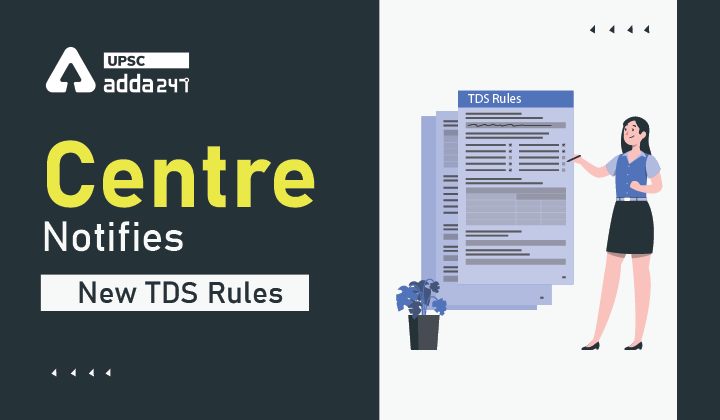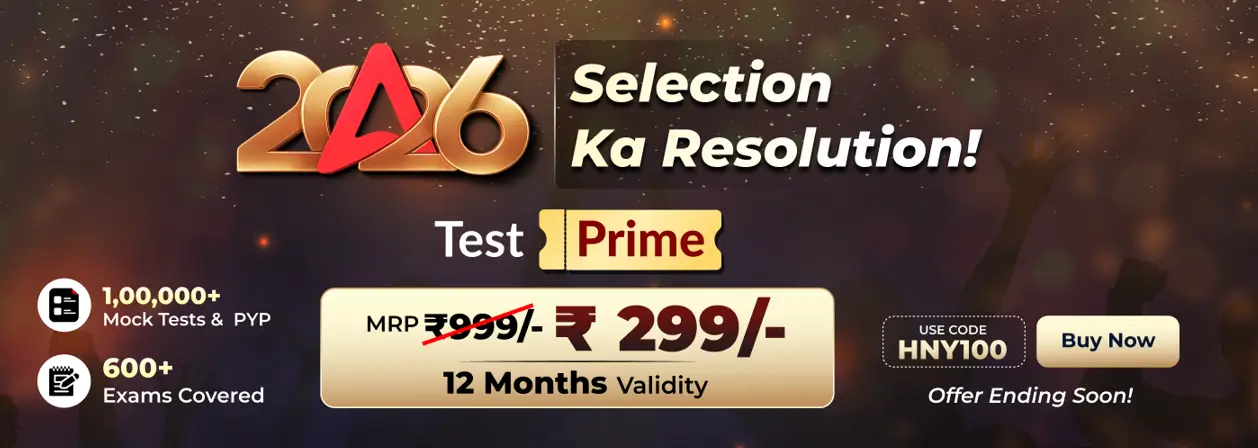Table of Contents
New TDS Rules UPSC: Relevance
- GS 3: Indian Economy and issues relating to planning, mobilization, of resources, growth, development and employment.
TDS Rules in India: Context
- Recently, Central Board of Direct Taxes (CBDT) has issued guidelines on the applicability of new TDS provisions regarding benefits received in a business or profession and said that such perquisites can either be in cash or kind or partly in both of these forms.
New TDS rules Key points
- CBDT said that the payer/deductor need not check the taxability of the sum in the hands of the recipient, and the nature of the asset given as benefit or perquisite is not relevant.
- The guidelines explain the circumstances in which the new TDS provision will apply from 1 July.
- The new TDS provision makes a 10 per cent tax deducted at source (TDS) mandatory on the freebies received from sales promotions.
- Objective: The new provision is aimed at broadening the tax base and ensure that those beneficiaries of such type of sales promotion expenditure by businesses, report it in their tax returns and pay tax on what the benefit is worth.
- Section 194R in the I-T Act was brought in which requires deduction of tax at source at the rate of 10 per cent by any person, providing any benefit or perquisite exceeding Rs 20,000 in a year to a resident, arising from the business or profession of such resident.
- Social media influencers: They will be liable for TDS if the product allotted to them by a company for its marketing efforts is retained by the individual.
- However, the TDS will not apply if the product is returned to the company.
- Doctors: If doctors are receiving free samples of medicines while employed in a hospital, Section 194R would apply on the distribution of free samples to the hospital.
- The hospital as an employer may treat such samples as taxable perquisite for employees and deduct tax under Section 192. In such cases, the threshold of Rs 20,000 has to be seen with respect to the hospital.
Read current affairs for UPSC




 TSPSC Group 1 Question Paper 2024, Downl...
TSPSC Group 1 Question Paper 2024, Downl...
 TSPSC Group 1 Answer key 2024 Out, Downl...
TSPSC Group 1 Answer key 2024 Out, Downl...
 UPSC Prelims 2024 Question Paper, Downlo...
UPSC Prelims 2024 Question Paper, Downlo...





